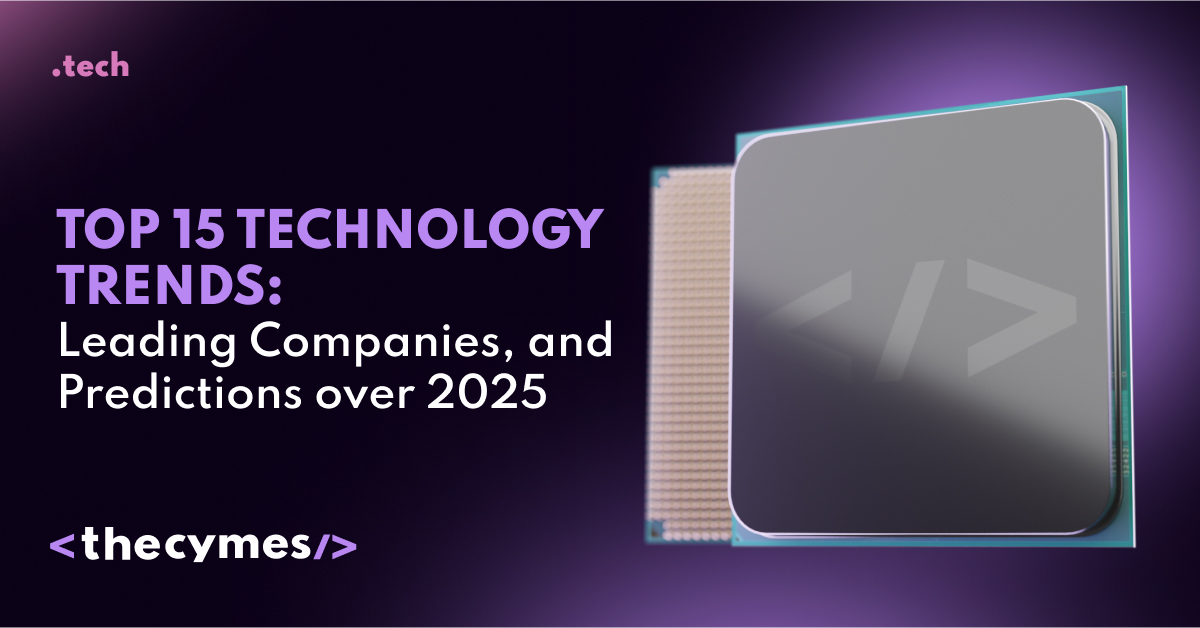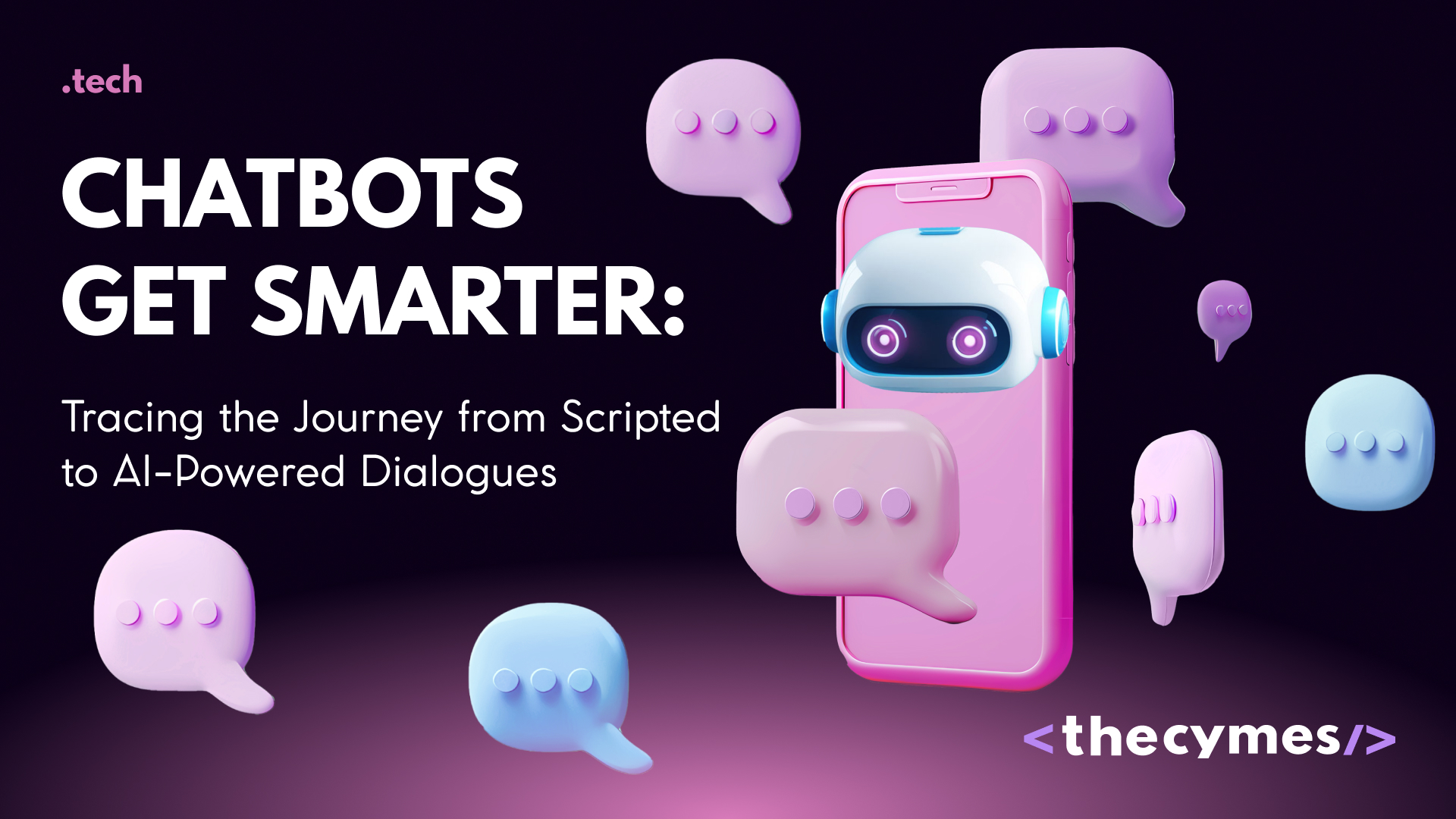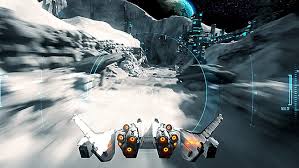.it/tech24 October 17:14
0<
Top 15 Technology Trends: Leading Companies, and Predictions over 2025
/>Discover the top 15 technological trends that will shape 2024-2025. Stay ahead of the curve and embrace the limitless possibilities of tomorrow. be updated on the latest tech newsGet exclusive news updates and overview on tech market




